A Grief Moderated: Middle Grade Fiction for Young Readers Dealing with Loss – Guest Post by Kerry Sutherland
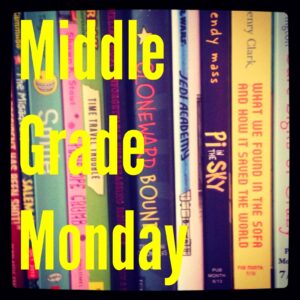 Most tweens and young teens have experienced death, perhaps of a distant, elderly relative or of a beloved pet. What about those who have lost a parent, sibling, or close friend? When a teacher, guidance counselor, or concerned adult approaches us for recommendations for middle grade fiction that will support the management of the complicated emotional and social issues only a child who is suffering over the death of a someone close to them can understand, here are a few recent titles with characters who are on the same difficult journey as these young readers.
Most tweens and young teens have experienced death, perhaps of a distant, elderly relative or of a beloved pet. What about those who have lost a parent, sibling, or close friend? When a teacher, guidance counselor, or concerned adult approaches us for recommendations for middle grade fiction that will support the management of the complicated emotional and social issues only a child who is suffering over the death of a someone close to them can understand, here are a few recent titles with characters who are on the same difficult journey as these young readers.
Five Elements series by Dan Jolley
Twelve-year-old Gabe has lived with his Uncle Steve since his parents died in a car wreck when he was three, so when Gabe and his friends disobey his uncle’s orders and create a dangerous situation for them all, Gabe feels responsible for his uncle’s ensuing disappearance. His quest to find his uncle as well as the hope that his mother may be alive in an evil shadow dimension creates emotional drama within the adventure this group of Elementalist friends undertakes. Gabe’s friend Brett brings along some devastating emotional baggage of his own: he blames himself for the drowning of his older brother Charlie while the two of them were the only ones in a boat together (“he knew it was his fault”) and is sure that his family hates him for their loss. His overwhelming guilt (“more than he can handle”) leaves him open to manipulation, as this fantasy series deals with much more than fictional monsters and powerful artifacts. As his twin sister Lily stands by him through the dangers they face, the greatest support she offers him is the acceptance of the reality they face in a future without their brother, because “no matter what we do, Charlie’s still gone.”
ADVERTISEMENT
ADVERTISEMENT
The Secret Horses of Briar Hill by Megan Shepherd
Convalescing in a hospital for children with tuberculosis in World War II England, twelve-year-old Emmaline sees what no one else in the converted mansion can see: winged horses in mirrors. The Horse Lord, who asks for Emmaline’s help to keep an injured horse, Foxfire, safe, tells Emmaline in a letter that “death isn’t the end,” but what Emmaline discovers after her closest friend dies and her obsession with the horses hits an overwhelming pitch is horrifying for both her and readers. She endangers her own life to protect Foxfire, but she finds out that the sister and parents with whom she has been looking forward to reuniting died in a fire before she came to Briar Hill, and as the only survivor, she has somehow blocked her memories of the tragedy, as well as her helplessness to save those she loved most. As she struggles for her own life through her illness, she has the chance to carry the hope and strength she feels when she is with Foxfire into reality and share it with other children who are sick and alone. She knows that “certain special people who die before their time become winged horses,” so her desire to help Foxfire is clearly an attempt to atone for her failure to save her family. This bittersweet story seems like a sure hit for girls who love horses, but the depth of Emmaline’s grief is revealed in the suppression of her memories, a coping mechanism that some young readers may relate to and need help working through as they manage their grief.
The Girl with the Ghost Machine by Lauren DeStefano
When ten-year-old Emmaline’s mother dies, her father is unable to let go, holding them both hostage to his grief, as “it seemed as though everything else had died” with his wife. He crafts a machine that he is sure will bring her back, ignoring his living child for two years as he pours his love and time into a dream of the past. Emmaline hates the machine and what it has done, reprimanding him for not accepting the finality of death, essentially reversing roles and pressing him to take care of her and practical matters as a parent should. The machine proves itself by using memories to provide a few moments with a loved one, but Emmaline knows that memories are irreplaceable, and while she misses her mother, she is thrown into a new grief when one of her close friends drowns as they are ice skating together. The brief time she takes to cry for her mother distracts her from Oliver, as she and Oliver’s brother Gully leave Oliver behind when Emmaline becomes upset over Oliver’s comments about the machine. The two share the guilt and forge ahead, leaning on each other with a hard lesson learned that “everything could be taken away in heartbeat.” Memories are vital, but holding on to the past keeps us from continuing to live and love in the present and future: “if someone was still close enough to hold on to, then you should hold on.” This story is a heartbreaking reality of emotions packaged in a fantasy, much like the author’s other titles, most of which speak to grief in accessible ways.
More titles that may be helpful for young readers dealing with grief:
Waiting for Augusta by Jessica Lawson (death of father)
Lemons by Melissa Savage (death of mother)
Jelly Bean Summer by Joyce Magnin (brother who is MIA)
Stay by Katherine Lawrence (father is dying of cancer, protagonist speaks to twin brother, who died in utero)
The Kane Chronicles trilogy by Rick Riordan (death of mother is a motivating force in the Kane siblings’ quest)
Keeper of the Lost Cities series by Shannon Messenger (death of adoptive parents’ daughter in the past affects protagonist’s relationship with her new family)
Bio:
Kerry Sutherland is the young adult librarian at the Ellet branch of the Akron-Summit County Public Library in Akron, Ohio. She has a PhD in American literature from Kent State University, along with a MLIS from the same. She reviews middle grade and young adult fiction and nonfiction for School Library Journal, and is a published author of short fiction, novels, poetry, professional and academic work. She loves cats, Shadowhunters, Henry James, anime, and NASCAR.
Twitter: @catfriends
Instagram: @superpurry
Filed under: Uncategorized
About Robin Willis
After working in middle school libraries for over 20 years, Robin Willis now works in a public library system in Maryland.
ADVERTISEMENT
ADVERTISEMENT
SLJ Blog Network
One Star Review, Guess Who? (#202)
This Q&A is Going Exactly As Planned: A Talk with Tao Nyeu About Her Latest Book
Exclusive: Giant Magical Otters Invade New Hex Vet Graphic Novel | News
Parsing Religion in Public Schools
ADVERTISEMENT



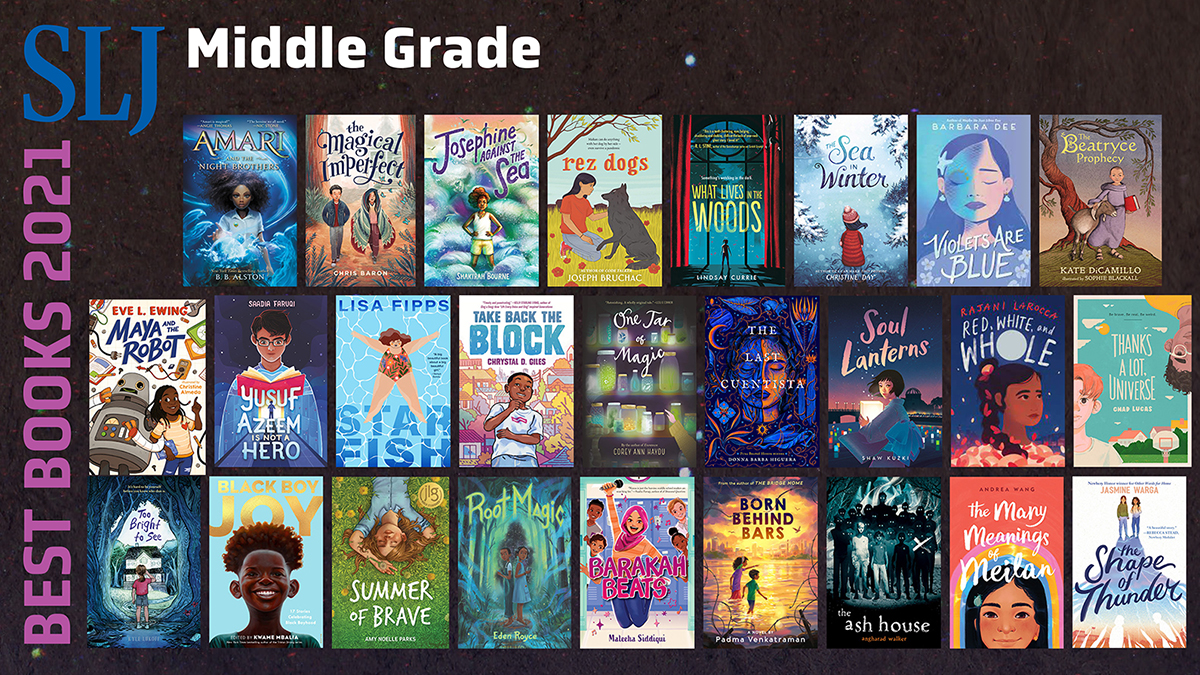
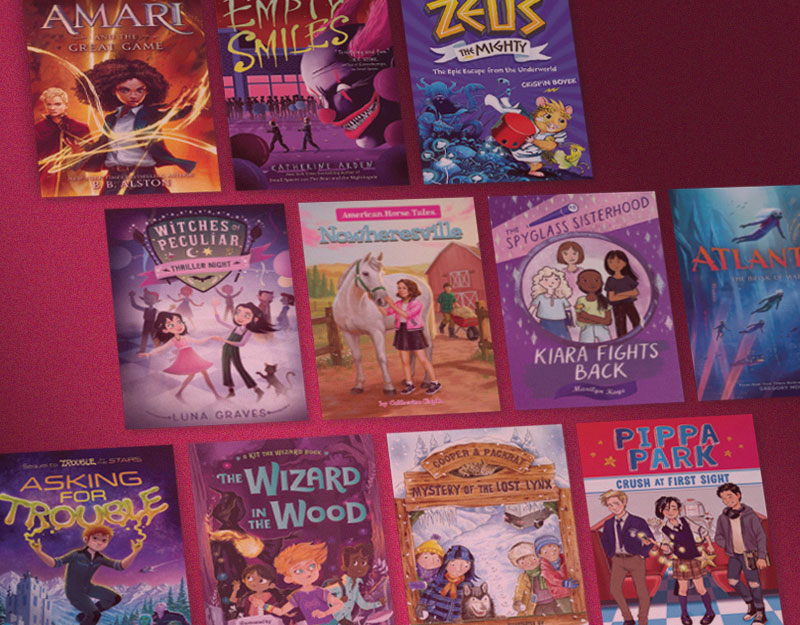
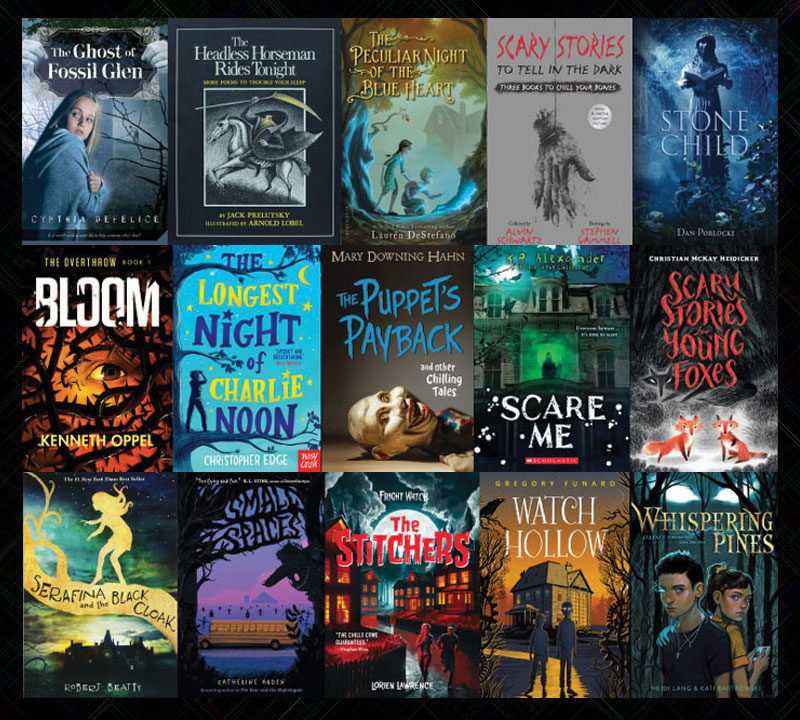

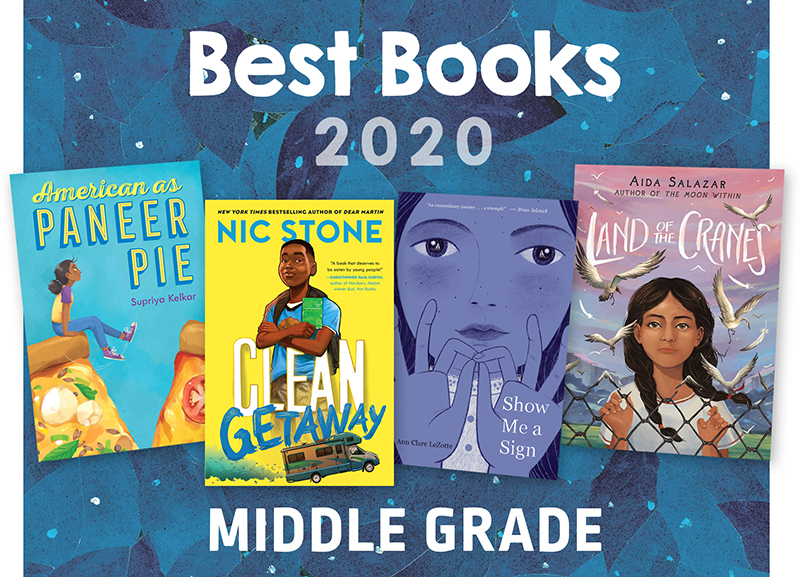
Great titles. Others that come to mind are A Monster Calls and The Crossover (both rather obvious, I guess), as well as “The Remarkable Journey of Charlie Price” by Jennifer Maschari , “Savage” by David Almond, and “The Poet’s Dog” by Patricia MacLachlan.
Thank you so much for these titles! I recently attended a writer’s workshop in Chicago and was thoroughly discouraged by a publisher’s statement that my novel must be YA because it involves the main character and her father overcoming grief after her mother’s death by suicide. I felt like a fool when I said, “But middle grade stories often involve serious issues like this” — and of course couldn’t name any titles or give any examples. Ugh. I have a long way to go as a writer! I’ll put these stories on my summer reading list!